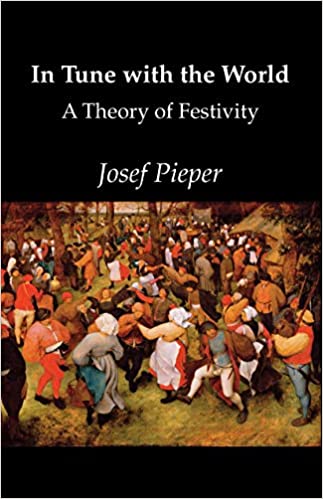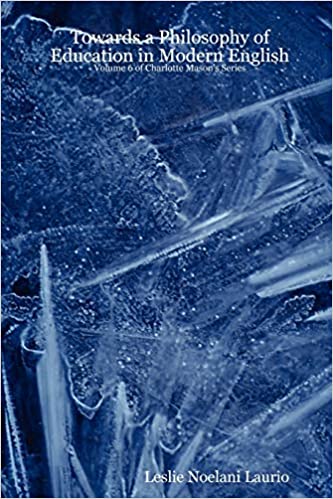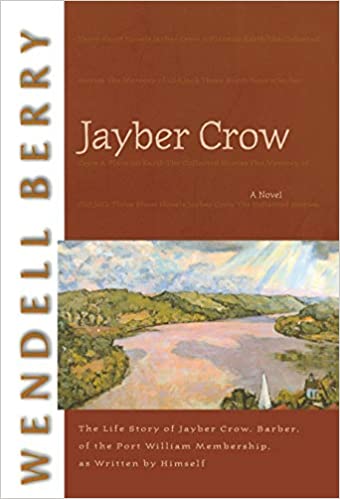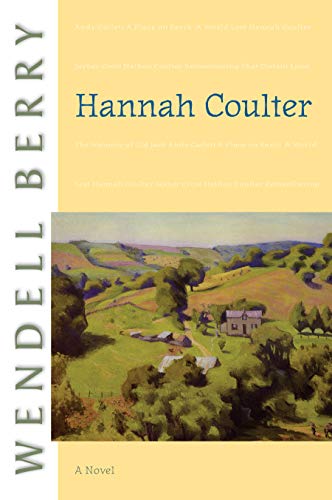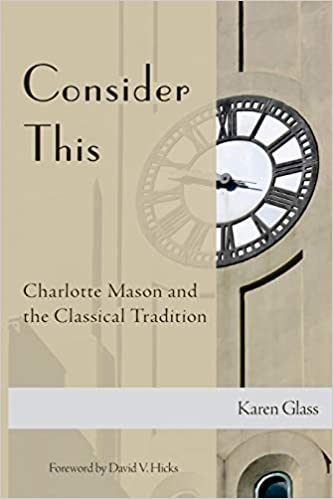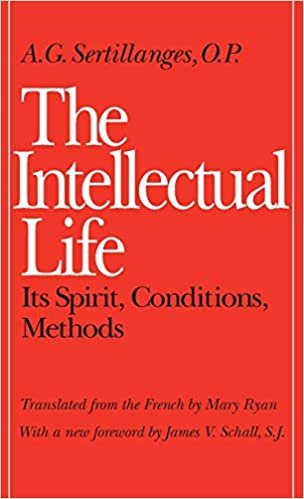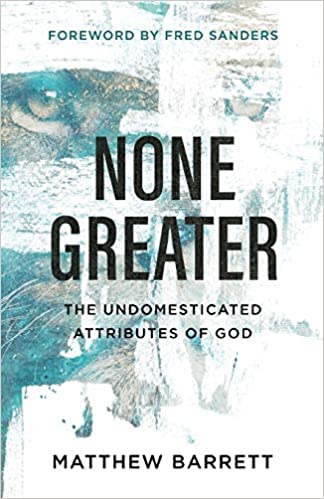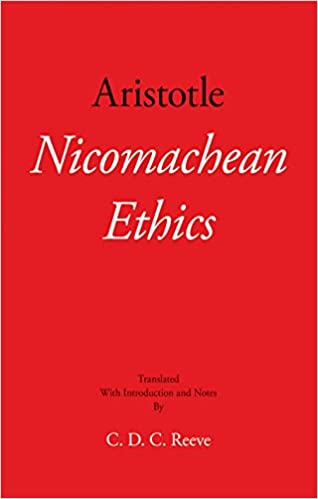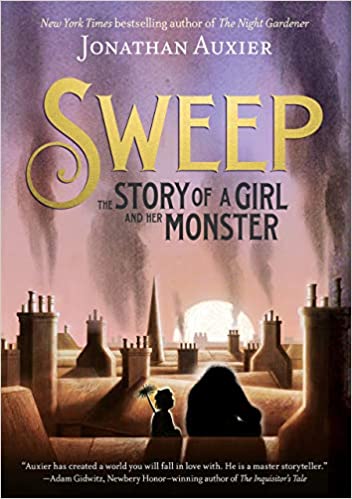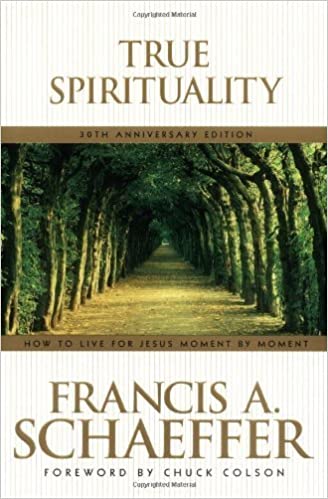Leisure: The Basis of Culture
One of the most important philosophy titles published in the twentieth century, Josef Pieper's Leisure, the Basis of Culture is more significant, even more crucial, today than it was when it first appeared more than fifty years ago. This edition also includes his work The Philosophical Act. Leisure is an attitude of the mind and a condition of the soul that fosters a capacity to perceive the reality of the world. Pieper shows that the Greeks and medieval Europeans, understood the great value and importance of leisure. He also points out that religion can be born only in leisure -- a leisure that allows time for the contemplation of the nature of God. Leisure has been, and always will be, the first foundation of any culture. Pieper maintains that our bourgeois world of total labor has vanquished leisure, and issues a startling warning: Unless we regain the art of silence and insight, the ability for non-activity, unless we substitute true leisure for our hectic amusements, we will destroy our culture -- and ourselves.
More info →In Tune With The World: A Theory of Festivity
In this stimulating and still-timely study, Josef Pieper takes up a theme of paramount importance to his thinking – that festivals belong by rights among the great topics of philosophical discussion. As he develops his theory of festivity, the modern age comes under close and painful scrutiny. It is obvious that we no longer know what festivity is, namely, the celebration of existence under various symbols.
Pieper exposes the pseudo-festivals, in their harmless and their sinister forms: traditional feasts contaminated by commercialism; artificial holidays created in the interest of merchandisers; holidays by coercion, decreed by dictators the world over; festivals as military demonstrations; holidays empty of significance. And lastly we are given the apocalyptic vision of a nihilistic world which would seek its release not in festivities but in destruction.
Formulated with Pieper's customary clarity and elegance, enhanced by brilliantly chosen quotations, this is an illuminating contribution to the understanding of traditional and contemporary experience.
More info →Towards a Philosophy of Education in Modern English: Volume 6 of Charlotte Mason’s Series
Volume 6 of Charlotte Mason's Original Homeschool Series paraphrased sentence by sentence into plain English by Leslie Laurio. If you can only read one volume of Charlotte Mason's series, this should be the one, since this volume details the long-term vision and goals of CM that parents will need to understand the why's of the method, as well as covering curriculum considerations for all ages. You can also read this book online for free at http://www.amblesideonline.org/CM/ModernEnglish.html
More info →Jayber Crow
“This is a book about Heaven,” says Jayber Crow, “but I must say too that . . . I have wondered sometimes if it would not finally turn out to be a book about Hell.” It is 1932 and he has returned to his native Port William to become the town's barber.
Orphaned at age ten, Jayber Crow’s acquaintance with loneliness and want have made him a patient observer of the human animal, in both its goodness and frailty.
He began his search as a “pre–ministerial student” at Pigeonville College. There, freedom met with new burdens and a young man needed more than a mirror to find himself. But the beginning of that finding was a short conversation with “Old Grit,” his profound professor of New Testament Greek.
“You have been given questions to which you cannot be given answers. You will have to live them out—perhaps a little at a time.”
“And how long is that going to take?”
“I don't know. As long as you live, perhaps.”
“That could be a long time.”
“I will tell you a further mystery,” he said. “It may take longer.”
Wendell Berry’s clear–sighted depiction of humanity’s gifts—love and loss, joy and despair—is seen though his intimate knowledge of the Port William Membership.
More info →Hannah Coulter
Hannah Coulter is Wendell Berry’s seventh novel and his first to employ the voice of a woman character in its telling. Hannah, the now–elderly narrator, recounts the love she has for the land and for her community. She remembers each of her two husbands, and all places and community connections threatened by twentieth–century technologies. At risk is the whole culture of family farming, hope redeemed when her wayward and once lost grandson, Virgil, returns to his rural home place to work the farm.
More info →Consider This: Charlotte Mason and the Classical Tradition
The educators of ancient Greece and Rome gave the world a vision of what education should be. The medieval and Renaissance teachers valued their insights and lofty goals. Christian educators such as Augustine, Erasmus, Milton, and Comenius drew from the teaching of Plato, Aristotle, and Quintilian those truths which they found universal and potent. Charlotte Mason developed her own philosophy of education from the riches of the past, not accidentally but purposefully. She and the other founding members of the Parents’ National Educational Union in England were inspired by the classical educators of history and set out to achieve their vision in modern education. They succeeded—and thanks to Charlotte Mason’s clear development of methods to realize the classical ideals, we can partake of the classical tradition as well.
More info →None Greater: The Undomesticated Attributes of God
For too long, Christians have domesticated God, bringing him down to our level as if he is a God who can be tamed. But he is a God who is high and lifted up, the Creator rather than the creature, someone than whom none greater can be conceived. If God is the most perfect, supreme being, infinite and incomprehensible, then certain perfect-making attributes must be true of him. Perfections like aseity, simplicity, immutability, impassibility, and eternity shield God from being crippled by creaturely limitations. At the same time, this all-powerful, all-knowing, and all-wise God accommodates himself, exhibiting perfect holiness, mercy, and love as he makes known who he is and how he will save us.
The attributes of God show us exactly why God is worthy of worship: there is none like him. Join Matthew Barrett as he rediscovers these divine perfections and finds himself surprised by the God he thought he knew.
"Matthew Barrett's excellent book lays out in clear, accessible terms what the biblical, historic, ecumenical doctrine of God is, why it matters, and why its abandonment by great swathes of the Protestant world is something that needs correction."--Carl R. Trueman, professor, Grove City College; author of Grace Alone
"Perhaps not since R. C. Sproul has there been a treatment of such deep theology with such careful devotion and accessibility. Read this book. And stagger."--Jared Wilson, director of content strategy, Midwestern Baptist Theological Seminary; managing editor, For the Church; author of The Gospel-Driven Church
"The knowledge of God is the soil in which Christian piety flourishes. I am grateful for the publication of None Greater and pray it will be a source of growth in godliness among those captivated by its vision of God's supremacy."--Scott Swain, president and James Woodrow Hassell Professor of Systematic Theology, Reformed Theological Seminary-Orlando; author of Reformed Catholicity
Nicomachean Ethics
An excellent new translation and commentary. It will serve newcomers as an informative, accessible introduction to the Nicomachean Ethics and to many issues in Aristotle’s philosophy, but also has much to offer advanced scholars. The commentary is noteworthy for its frequent citations of relevant passages from other works in Aristotle’s corpus, which often shed new light on the texts. Reeve’s translation is meticulous: it hits the virtuous mean--accurate and technical, yet readable--between translation’s vicious extremes of faithlessness and indigestibility.--Jessica Moss, New York University
More info →Sweep: The Story of a Girl and Her Monster
It's been five years since the Sweep disappeared. Orphaned and alone, Nan Sparrow had no other choice but to work for a ruthless chimney sweep named Wilkie Crudd. She spends her days sweeping out chimneys. The job is dangerous and thankless, but with her wits and will, Nan has managed to beat the deadly odds time and time again.
When Nan gets stuck in a chimney fire, she fears the end has come. Instead, she wakes to find herself unharmed in an abandoned attic. And she is not alone. Huddled in the corner is a mysterious creature—a golem—made from soot and ash.
Sweep is the story of a girl and her monster. Together, these two outcasts carve out a new life—saving each other in the process. Lyrically told by one of today's most powerful storytellers, Sweep is a heartrending adventure about the everlasting gifts of friendship and wonder.
More info →True Spirituality
Recognized internationally for his work in Christianity and culture, Francis A. Schaeffer authored more than twenty books, which have been translated into a score of languages and sold millions worldwide. He and his wife, Edith, founded L'Abri Fellowship international study and discipleship centers. Schaeffer passed away in 1984, but his influence and legacy continue worldwide.
More info →

